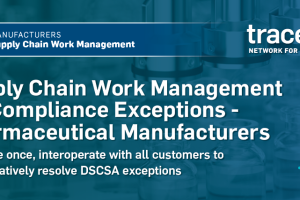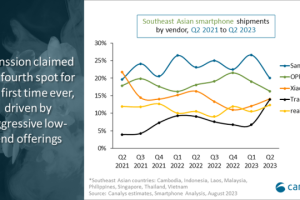Towards the advancement of pre-analytical science that improve patient safety in India, BD (Becton, Dickinson & Co.) and Healthcare Sector Skill Council (HSSC) signed an agreement to develop co-branded training modules for ‘Phlebotomy Technician Course’’.
Phlebotomy or blood collection is a major component of pre-analytical phase. The initiative will provide training on best practices in phlebotomy to laboratory professionals in order to improve their employability.
HSSC with support from National Skill Development Corporation (NSDC) is working relentlessly with the industry in skilling healthcare professionals in the allied healthcare space. Availability of skilled healthcare professionals is a big challenge. Training module developed by BD as knowledge partner would be leveraged by candidates enrolled for fresh training as well as RPL (Recognition of prior learning) training for phlebotomy technician course under ambit of HSSC. Additionally, BD will also train the master trainers who will cascade the training to healthcare professionals and support them in driving best practices in pre-analytical processes for accurate and reliable diagnosis.
“Our commitment to enhance the skills of laboratory technicians will address the shortage in human resources both in terms of skill and number leading to universal health coverage for all. Through the standardized curriculum in phlebotomy training with HSSC, together we will be able to enhance the clinical practices in creating sustainable improvements in Indian healthcare,” said Varun Khanna – managing director- BD India & South Asia.
Stressing on the need to upgrade skills, Ashish Jain – CEO, Healthcare Sector Skill Council said that there is immense potential to enhance the skills of laboratory technicians in line with the growing healthcare needs. Keeping in mind the need for phlebotomy by the healthcare sector, HSSC with industry experts has developed the Qualification Pack-National Occupational Standards (QP-NOS) for phlebotomy technicians that will facilitate plugging the existing skill gap in this area. Today’s agreement is a significant step in this direction.




























